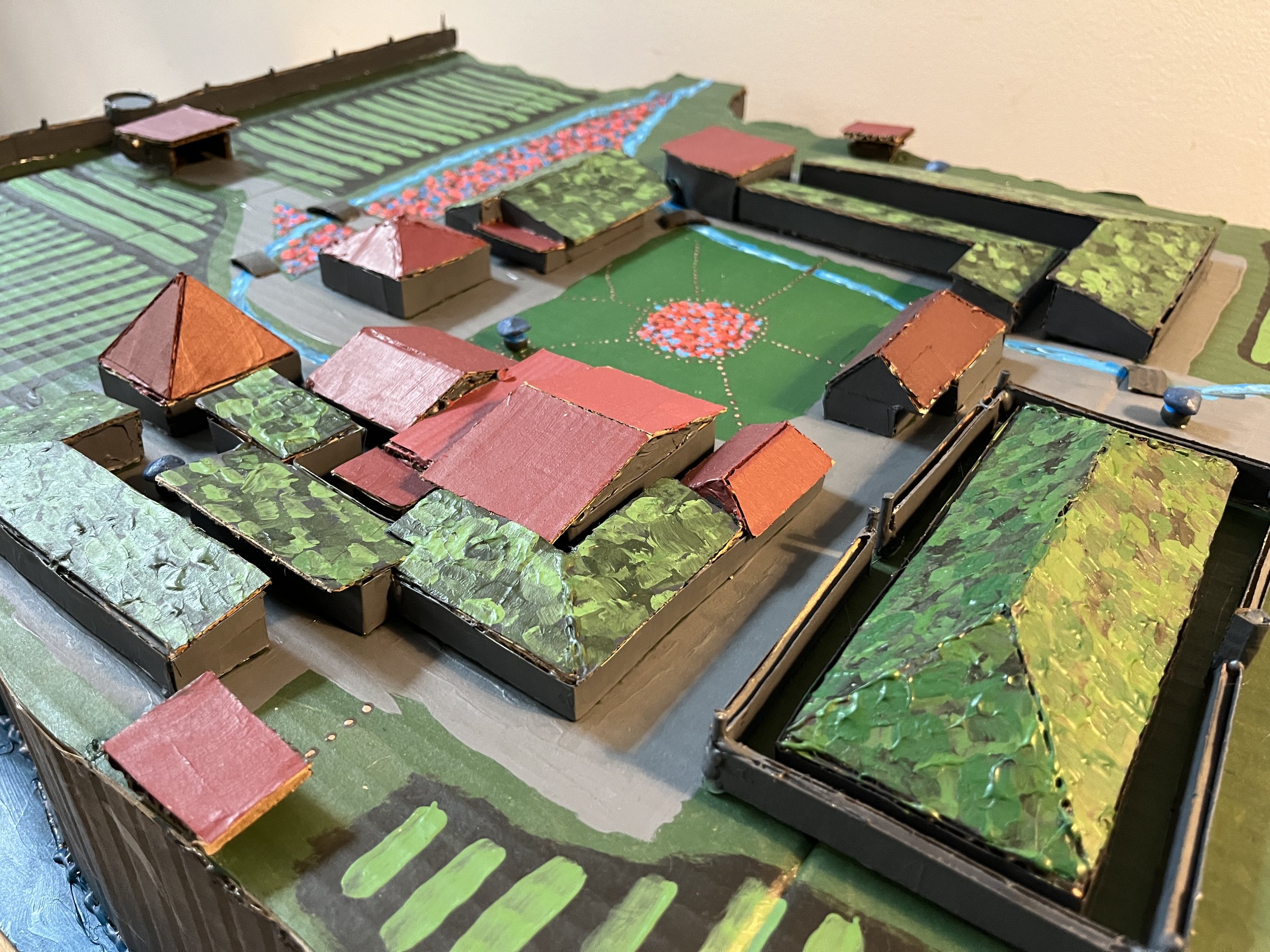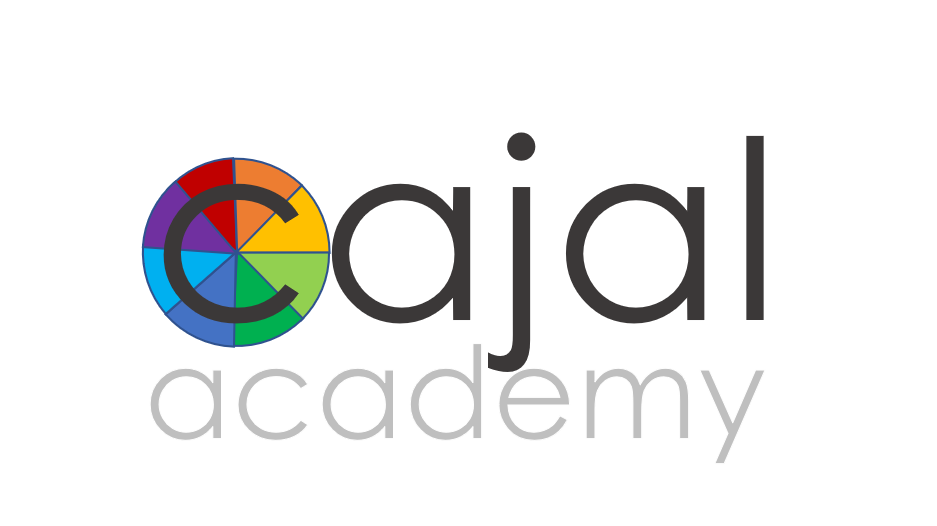
From Crisis to the College of his Dreams
Grade Level: 9th-12th grades
The Success: He joined us with severe social and academic anxiety, ADHD, brain fog and visual challenges—and in the first months of a medical crisis that would threaten his life. Five years later, he’d become our 1st graduate, and went on to study architecture at the college of his dreams, where he’s thriving academically, quickly built himself a strong group of friends and is managing even his complex medical needs independently.
The Strategies: This one took everything we’ve got! Our physical therapists supported him through the long months on the way to diagnosis of a tethered spinal cord, patiently teaching him how to monitor and report his symptoms so he could meaningfully participate in his medical care. Post corrective surgery, they quarterbacked his physical recovery while his academic team quarterbacked recovery of lost learning time—and our neuropsychologist kept the physical and academic recoveries in balance with his social-emotional recovery as well. By the time he graduated, the communication, organizational and social difficulties were no longer discernable, leaving a confident and resilient young man ready for new adventures defined by his gifts, not his challenges.
Favorite Project: “How can we envision a democratic community in the years 1202-1204, in Normandie, France?”

From Retreat to Leading the Charge
Grade level: Middle school
The Success: In September, they retreated to a closet at the first sign of academic challenge or social disapproval. In June, they knocked it out of the park at sleep away camp in a bunk with 30 other kids.
The Obstacles: Intense reactivity to sensory inputs and sudden neurochemical releases triggered by idiosyncratic medical events made it difficult to maintain calm in the face of academic and social anxieties. Add to that dysgraphia (a fine motor coordination difficulty) and an absolutely brilliant mind, and you find yourself with a mash up that was simply too much to bear.
The Strategies: Piece by piece, we helped them learn to self-monitor, self-manage and self-advocate for their sensory and immunological needs, and to find patience for their own learning journey. Helping them understand their motor difficulties—and plugging away through occupational and physical therapies to address them—brought increasing confidence and eventually a bubbling joy as they approach learning as an adventure in which they are now confident they will succeed.
Favorite Project: “How can we create an app to spark an international revolution for climate change?



